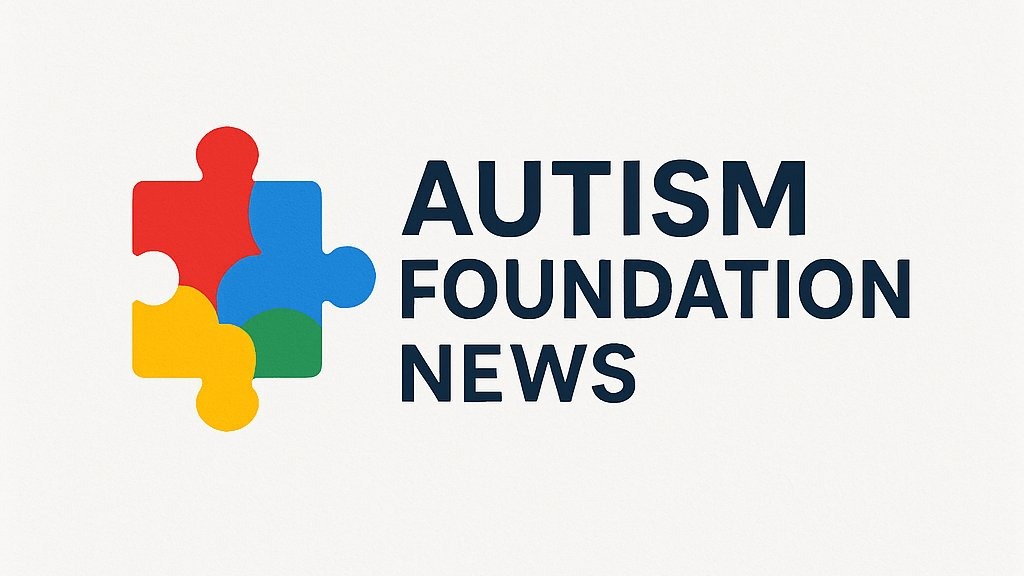
Understanding the Importance of Nutrition Research for Autism
As we look toward the future, events like Nutrition 2025 are pivotal in bridging the gap between nutrition science and everyday dietary practices, especially for individuals with autism. Recognizing the unique dietary needs of those on the spectrum can profoundly impact their health, mood, and overall well-being.
Why Nutrition Matters in Autism
Research illustrates that diet can play a significant role in managing autism symptoms. The foods we choose can influence not just physical health but also behavioral outcomes. For parents and caregivers, understanding these nuances provides a foundation for making informed food choices that could enhance the quality of life for their loved ones.
Key Insights from Nutrition 2025
Nutrition 2025 highlighted several groundbreaking studies focusing on the connections between diet and neurological health. These studies pave the way for tailored dietary strategies that can potentially alleviate common autism-related challenges, such as digestive issues or hyperactivity. One emerging trend is the emphasis on whole foods—rich in nutrients and low in additives—as vital to improving not just engagement in therapy but overall health.
Practical Tips for Caregivers
Incorporating constructive diet changes can feel intimidating, especially with the complex relationship many individuals with autism may have with food. Here are a few actionable tips:
- Introduce new foods gradually, pairing them with familiar favorites to reduce resistance.
- Involve your loved one in meal prep to increase interest in foods.
- Explore foods rich in omega-3 fatty acids, antioxidants, and vitamins—think salmon, berries, and leafy greens.
- Maintain a consistent mealtime routine that fosters a comfortable eating environment.
Looking Ahead: The Future of Nutrition and Autism
As more research unfolds from events like Nutrition 2025, the hope is to develop clearer guidelines tailored for those with autism. The goal is not merely to address symptoms but to empower families through practical knowledge that optimizes nutrition for health and happiness. Continuous advocacy for educational resources will only strengthen the integration of nutrition in autism care, fostering a community where informed choices lead to healthier futures.
Incorporating this knowledge into daily routines can open doors for individuals with autism, enhancing their relationships, therapies, and daily interactions. For caregivers and families, it’s about much more than nourishment—it’s about embracing the potential of life-changing dietary choices.
While the research presented at Nutrition 2025 is just the beginning, it signals a promising future where understanding nutrition becomes a cornerstone in caregiving strategies, making healthy living achievable and enjoyable for those with autism.
 Add Row
Add Row  Add
Add 




Write A Comment